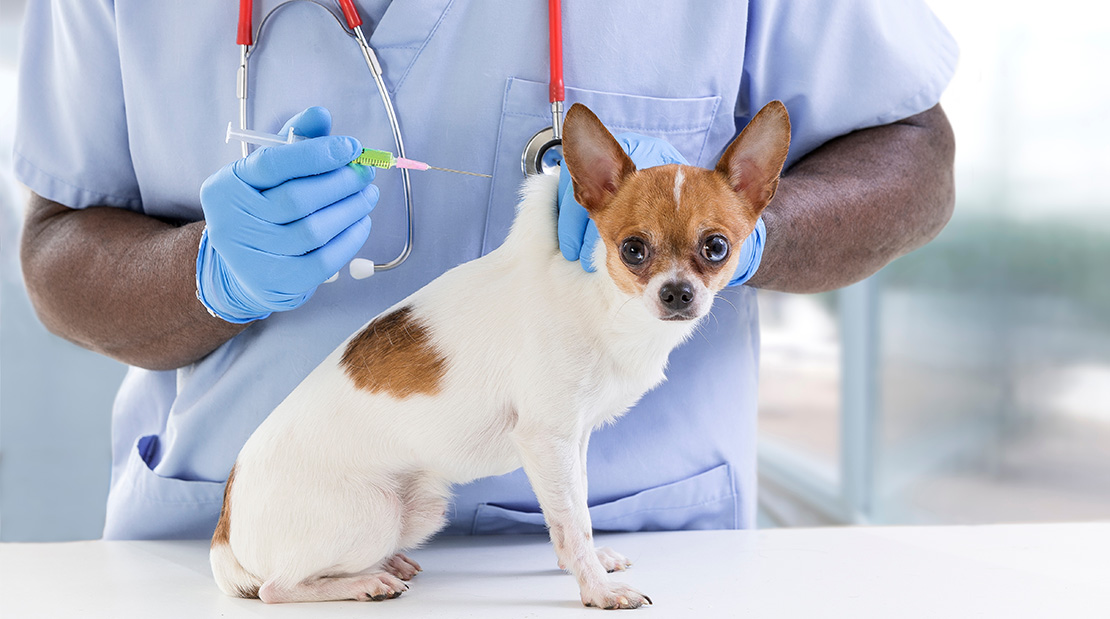
The Importance of Microchipping Your Pets
No one wants to think about their pet getting lost, but it can happen to even the most careful pet owner. If your pet does get lost, microchipping is a quick, painless, and inexpensive solution that dramatically increases the chances of its recovery. It’s especially useful when traveling, boarding your pet, or leaving them with a sitter. The benefits of your pet being able to be identified and returned to you, far outweigh the risks of implantation.
What Is Microchipping?
Microchipping has been a common practice in veterinary medicine for more than 30 years. It involves implanting a small chip, about the size of a grain of rice, just under the skin between your pet’s shoulder blades. The procedure is quick—usually under 45 seconds—and virtually painless. The chip contains a unique ID number that, when scanned, pulls up your contact information from a secure database. Though microchipping is most commonly done for dogs and cats, I’ve even implanted chips in goats, cows, and pigs! Any animal prone to wandering off or getting displaced can benefit from microchipping.
How Microchips Work
Once implanted, you must register your pet’s microchip. Without registration, the chip is just a number and won’t help reunite you with your pet. When a veterinarian or shelter scans your pet, the scanner reads the unique ID number, plugged into a database to retrieve your contact information. If you have a microchipped pet and have moved, take this as a reminder to update your information in the database. It’s important to note that microchips are not GPS devices. They won’t track your pet’s location; rather, they serve as a permanent form of identification.
Recent Advances in Microchipping Technology
In recent years, microchipping technology has advanced significantly. Modern microchips are smaller, and injectors come in various sizes, making the process even less invasive. One of the most notable improvements is the ability for chips to work internationally, meaning they are recognized globally, which is perfect for pets that travel with their owners.
Registration has also become much simpler. Some companies now offer lifetime registration, eliminating the need for annual renewals. This makes it even more convenient for pet owners, but keeping your contact information current is essential, especially if you move or change phone numbers.
Is Microchipping Required?
In some areas, like Harris County, microchipping is not just a recommendation—it’s the law. Local regulations may now require that all dogs and cats be microchipped, making it easier to identify lost animals and reunite them with their owners. Even if it’s not a legal requirement in your area, it’s still a smart, proactive measure.
Why Microchipping Matters
Collars and tags with your name, phone number, and even social media handle are helpful. However, many pets lose or remove them, making microchipping a valuable, long-term solution. It’s a simple, safe procedure that significantly increases the chances of being reunited with your pet should they ever go missing.
At Cy-Fair Animal Hospital, we’re committed to helping pet owners keep their animals safe. If you still need to get your pet microchipped, schedule an appointment. It’s a small step that could make all the difference in an emergency.

